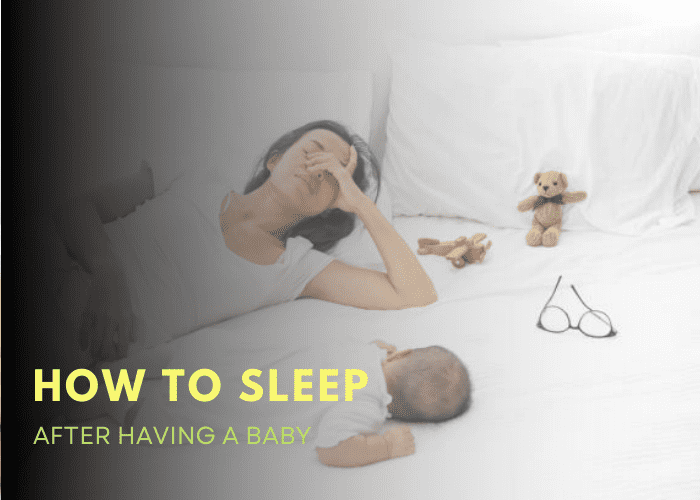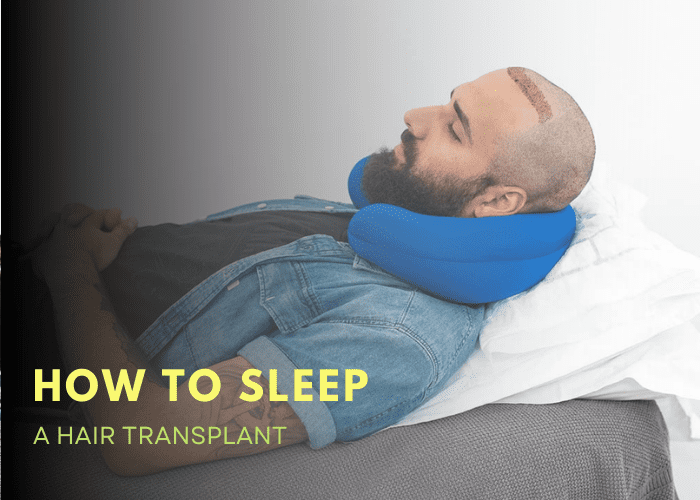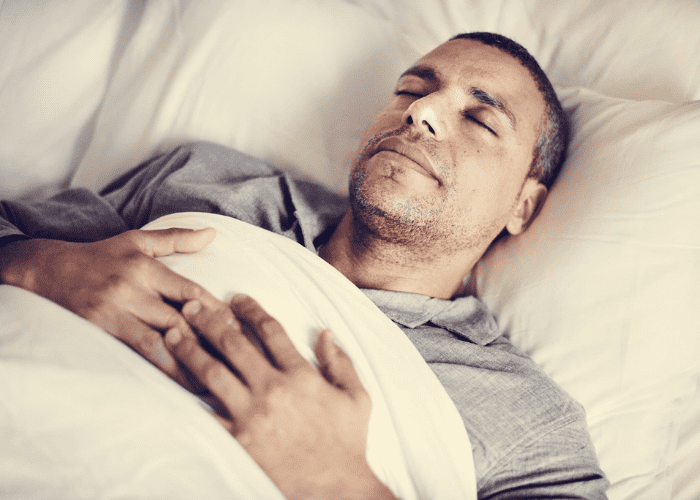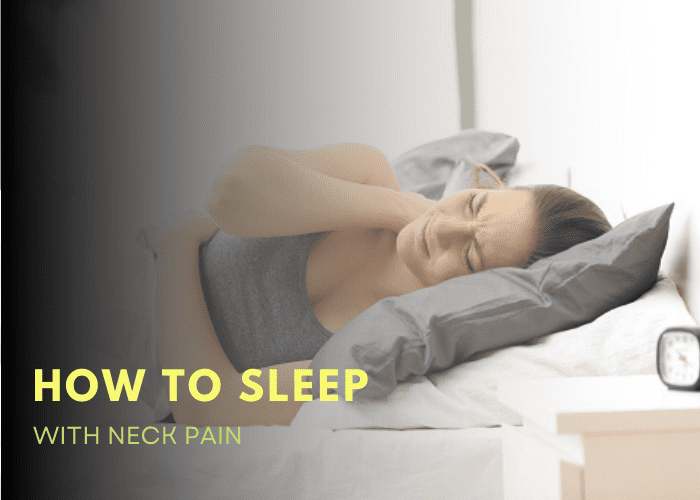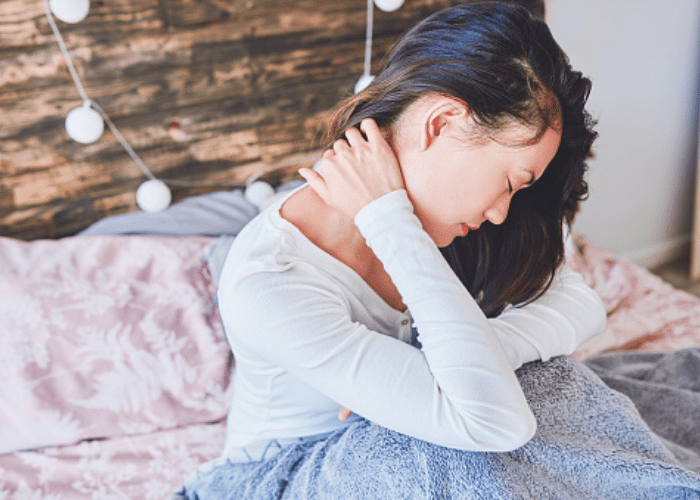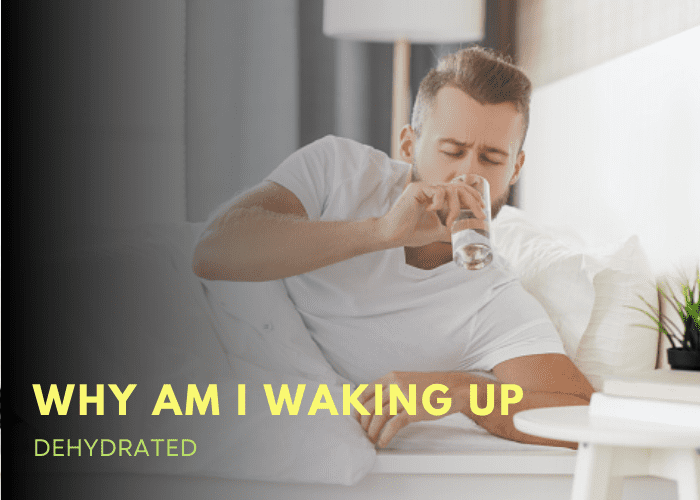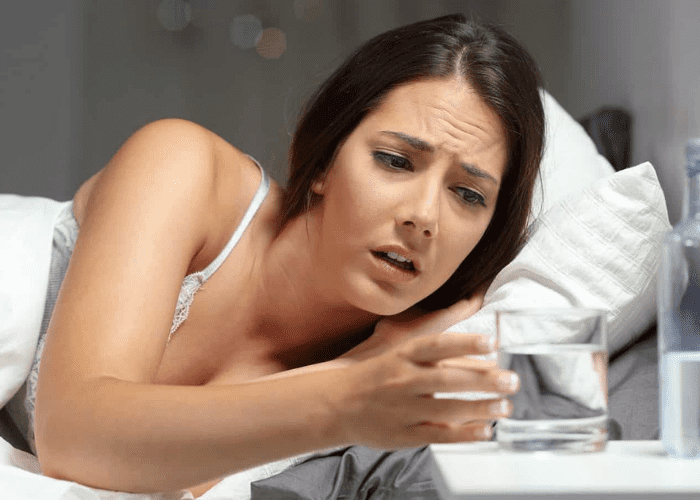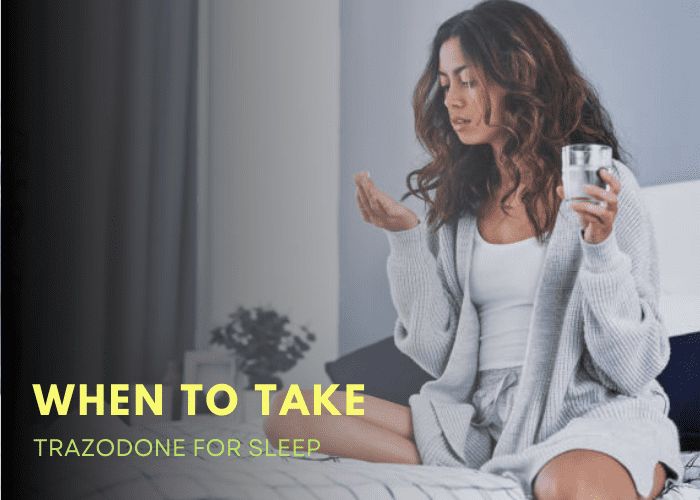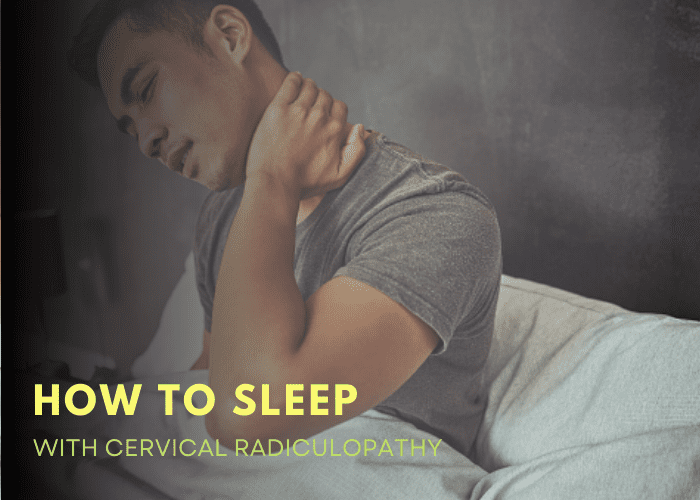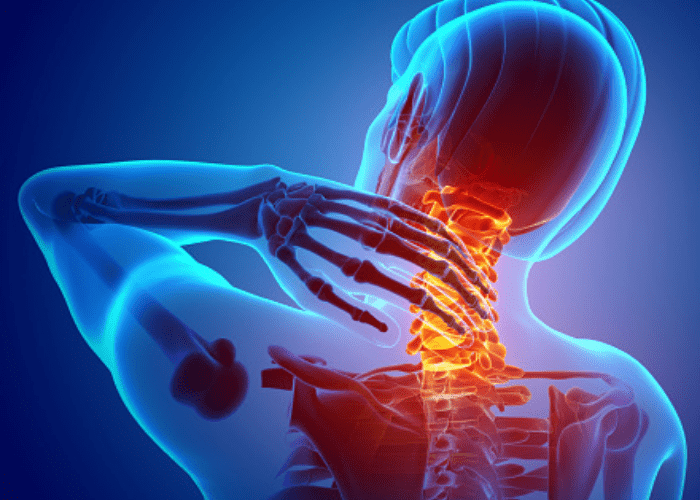It’s the question that every expectant and new mother asks. Is it possible to rest and sleep after having a baby? How long will it be before my baby sleeps through the night?
Being a new mum can be a baptism of fire but a pleasant one that you should cherish. The best way to sleep after having a baby is to sleep simultaneously as your baby does. Your baby will only sleep for short intervals at first, so use these times. Your baby will sleep, though, after about 8 weeks.
How do new moms sleep?
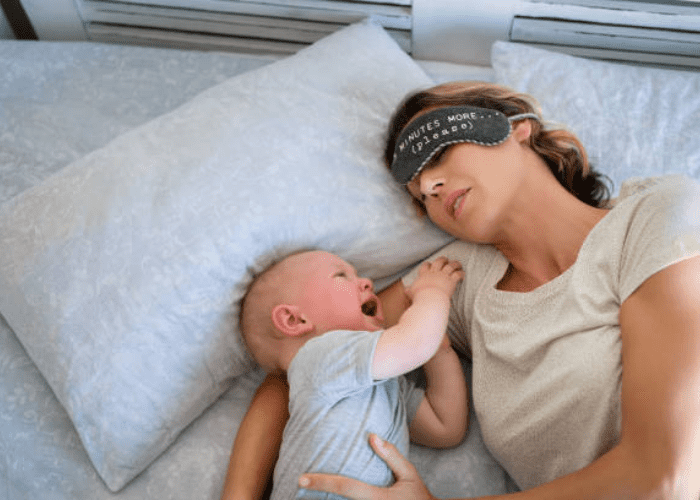
Rest when the baby is sleeping and accept help from relatives when offered. Bringing a new baby home can be overwhelming, and the thought of how you will sleep after leaving the maternity ward may fill your heart with dread.
The truth is new moms adapt pretty quickly to the new circumstances of having a bundle of joy in their homes.
For the first few weeks, the baby only really does 3 things, sleep, eat and poop, so it’s not too difficult to work out the baby’s routine and sleep when your baby is sleeping.
For a while, your life will be disrupted, and your once pristine home may slip into disarray, and it’s okay, ditch the social graces and expectations of living in a perfect home.
Priorities change when you bring a new baby home, and you will soon realize that your visitors and relatives become distant again, and you are left holding the baby.
During the evening, share some of the baby’s needs with your partner and rest as much as possible. If your partner is working, then you will undoubtedly have the night shift all to yourself.
However, new babies are not demanding. Yes, they cry and need to be changed every few hours, and breastfeeding can become a chore, but these are the special bonding times you and your baby get to know each other.
As soon as you feel fit, take your baby out in the stroller and introduce the baby to the world. You will feel better after some light exercise and possibly sleep better.
You will soon realize that what was important to you before you gave birth was superficial, and now it’s okay to let the laundry pile up and leave the dishes soaking in the sink.
Silence your phone and avoid sudden jarring noises that may startle your baby, so you need to pick the baby up and comfort them.
How to get better sleep after giving birth
Here are some additional topics to consider when writing about how to sleep after having a baby:
- Sleep schedules: It is common for new parents to experience disruptions to their sleep schedules after having a baby. It can be helpful to establish a routine and try to get as much sleep as possible during the times when the baby is sleeping.
- Sharing a bed: Many new parents choose to share a bed with their baby in the early weeks and months. If you choose to do this, it is important to follow safe sleep guidelines to reduce the risk of accidental injury to the baby.
- Sleeping in separate beds: Some new parents choose to sleep in separate beds or rooms in order to get a better night’s sleep. It can be helpful to establish a routine for taking turns caring for the baby and getting some rest.
- Napping: Taking naps when the baby is napping can help to make up for lost sleep.
- Seeking support: It is common for new parents to experience sleep deprivation, which can have a negative impact on their physical and mental health. It is important to seek support from a partner, family members, or a healthcare professional if you are having difficulty sleeping.
- Sleep aids: If you are having difficulty sleeping after having a baby, it may be helpful to try sleep aids such as relaxation techniques or over-the-counter medications. However, it is important to speak to a healthcare professional before using any sleep aids, as some may not be safe for use during breastfeeding.
Can I sleep if the baby is awake?
Experts say that if you want to establish good sleeping habits early on in the child’s development, there is nothing wrong with placing your baby in a crib while awake.
It can be an ideal way for mon to find how to sleep after having a baby.
At some point, your baby may cry to be picked up, but early training can save a lot of hassle and heartache as your baby resists sleep when they are older.
Asa new mother, you will find even if you are exhausted, you are hypersensitive to the slightest sound of your baby, so if you can sleep during the day and your baby is close to you, try and grab some sleep.
However, don’t let your baby scream and become distraught and associate bedtime with a bad experience, gently is the way to go.
Do you know your baby can sustain brain damage if they scream for more than 45 mins? Cortisol, the fight or flight hormone, increases to such an extent it causes brain damage.
So, by all means, you can try sleep training at an early age but be on hand to calm the situation down if your baby becomes very upset.
How long do sleepless nights last with a newborn?
Depending on how much your baby feeds, you could be found after 12 weeks. Your baby is making it through the night, if not the whole night, only waking for one meal.
Once your baby gets to the point that they only need to wake once a night, take the opportunity to pass feeding responsibility over to dad for half the week while you catch up on your much-needed sleep.
Get to six months, and your baby is sleeping through the night, and all of those sleepless nights will be a distant memory.
There is a way of learning how to sleep after giving birth, and you need to find that sweet spot that allows you the longest sleep possible.
Can I sleep on my side postpartum?
Try warm salty baths after a few days to ease some of the pains. Sleeping on your side is a personal choice. If you are comfortable, then go for it.
After giving birth, you need to consider how to sleep postpartum, it can be stressful finding a comfortable position but give it a week or two, and all should be heading in the right direction.
There are some considerations you will need to make. You can’t do everything around the house as you did before giving birth. You need to start delegating household chores even if your partner resists.
If you have visitors, make it clear that you are not going to be at their beck and call, they can serve themselves and serve you simultaneously.
Be aware of your hormones. If you are feeling cranky, then it’s okay if you have insomnia to sit in bed and read until you can sleep.
Sleep in an elevated position can prevent sleep apnea, a common sign of postpartum hormone issues.
Can you develop sleep apnea after pregnancy?
Yes, it’s rare, but you should be aware of the symptoms. Are you snoring loudly through the night?
Sleep apnea causes frequent urination during the night, don’t ignore sleep apnea symptoms.
If you are excessively sleepy during the day and have the other symptoms listed, it’s time to consult your doctor for further evaluation.

